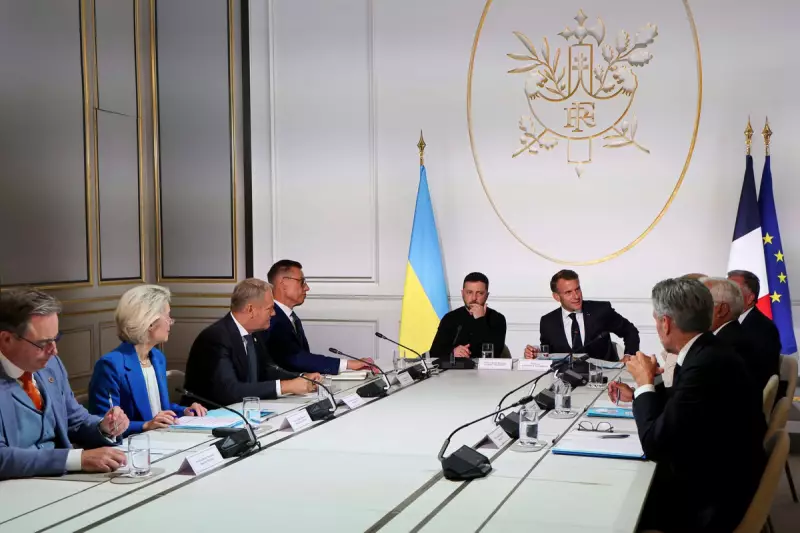
The spectre of a second Trump presidency is casting a long shadow over European security, with alarming implications for the ongoing war in Ukraine. Former President Donald Trump's recent declaration that he would 'encourage' Russia to attack NATO allies who fail to meet defence spending targets has sent shockwaves through diplomatic circles.
This stark ultimatum, delivered at a rally in South Carolina, represents a fundamental threat to the alliance's core principle of collective defence—Article 5. It suggests a potential US administration willing to unilaterally dismantle the very foundations of transatlantic security that have maintained peace for decades.
A Green Light for Putin's Aggression
Analysts fear that such rhetoric is a direct gift to the Kremlin, providing Vladimir Putin with a potential pathway to victory in Ukraine. By openly questioning US commitment to NATO, Trump effectively emboldens Russian aggression and undermines Western unity.
NATO Secretary General Jens Stoltenberg issued a swift and rare rebuke, stating that any suggestion allies would not defend each other 'undermines our security and puts American and European soldiers at increased risk'. The White House condemned the comments as 'appalling and unhinged'.
The 2% GDP Defence Spending Dilemma
At the heart of Trump's threat is the long-standing NATO goal for members to devote 2% of their GDP to defence. While a record number of allies are now meeting this target, spurred by the war in Ukraine, Trump's transactional view of the alliance treats it as a club with dues rather than a strategic partnership.
This approach ignores the complex and invaluable contributions many nations make beyond pure financial metrics, including troop deployments, intelligence sharing, and hosting critical infrastructure.
The Stakes for Ukraine's Survival
The immediate concern is the devastating impact on Ukraine. A wavering US commitment, particularly regarding crucial military aid currently stalled in Congress, could prove fatal for Kyiv's war effort. European leaders are now engaged in a frantic, behind-the-scenes effort to 'Trump-proof' support for Ukraine, exploring ways to secure funding and supplies independent of unpredictable US politics.
The coming months could determine not only the future of a major European nation but the entire post-war security architecture of the continent. The world watches and waits to see if the Western alliance will hold or fracture under the pressure of a potential return to Trumpian diplomacy.






